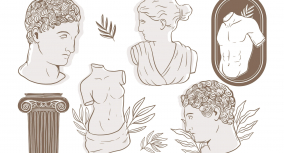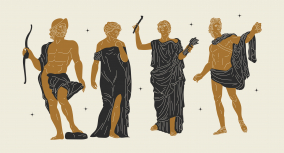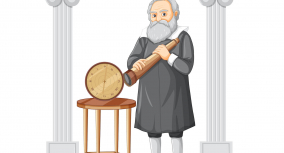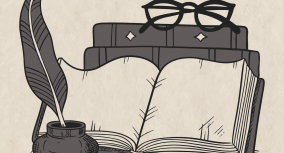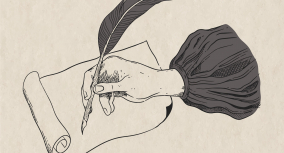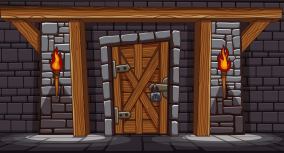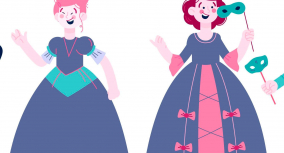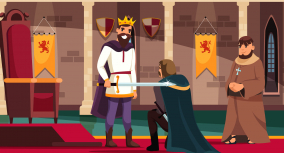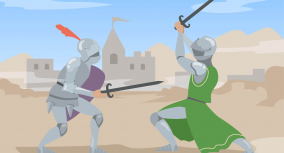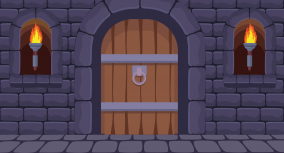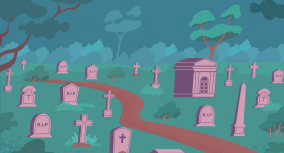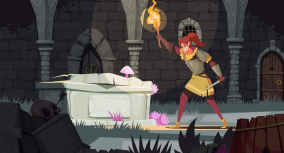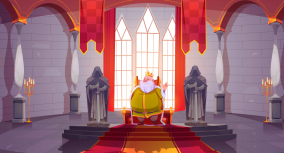In Sophocles’ Antigone, Creon is considered to be the tragic hero. There are several reasons for it, but the main one is that he faces a downfall caused by his pride. The decision the king makes at the beginning of the play leads to several deaths, including the ones of his close family members.
Sophocles’ created Antigone to be a tragedy. Therefore, it is only logical that there should be a tragic hero. At first glance, it might seem like Antigone is the perfect candidate for that role. However, in fact, Creon fits even better. The new king suffers the consequences of his pride at the end of the play. The audience can watch Creon’s downfall after he decides to punish Antigone for burying Polynices. He loses the sense of right and wrong because he refuses to take his words back. Unfortunately, it triggers the chain of tragic events.
Creon becomes a new king of Thebes and immediately passes the laws. He does not allow anyone to help bury Polynices as it would be too much of an honor for a dead traitor. Since Creon sees political order as an essential element of the ruling, he makes sure everyone follows it strictly. Then, the criminal who buried Polynices’ body appears to be his future daughter-in-law, Antigone. However, it does not change anything, and Creon still orders punishment for her. When she commits suicide, later on, Haemon, Creon’s son, cannot take so much pain and kills himself too. The same happens to the queen, Eurydice. The death of Creon’s family signifies his tragic downfall.
Thank you for reading this article! If you are looking for essay title ideas on Antigone, take a look at our essay topic collection or try using our title-generating tool.
